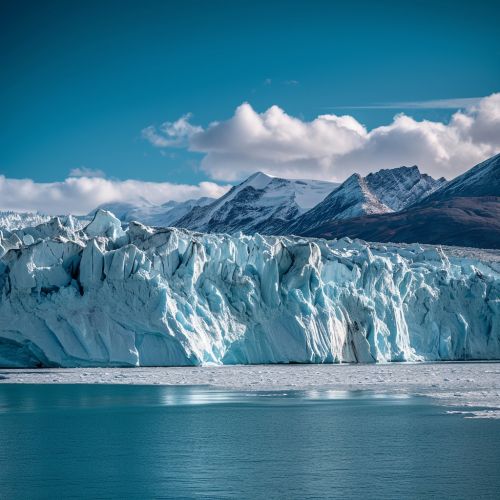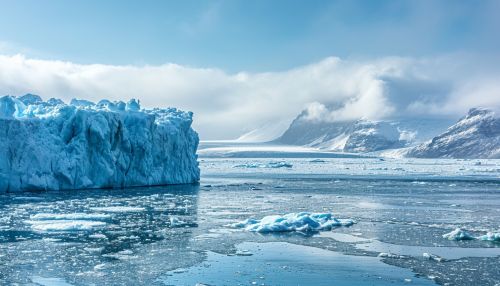Impacts of Climate Change
Introduction
Climate change refers to significant changes in global temperatures and weather patterns over time. While climate change is a natural phenomenon, scientific evidence shows that human activities are significantly influencing the rate and extent of climate change, a process referred to as global warming. This article explores the impacts of climate change on various aspects of the planet, including ecosystems, human health, and the economy.


Impact on Ecosystems
Climate change significantly affects both terrestrial and aquatic ecosystems. Rising temperatures, changing precipitation patterns, and an increase in extreme weather events disrupt the balance of ecosystems, leading to shifts in species distributions and the timing of natural events.
Terrestrial Ecosystems
In terrestrial ecosystems, climate change can lead to shifts in plant and animal ranges. For instance, as temperatures increase, species may move towards higher altitudes or latitudes to find suitable habitats. This can lead to changes in community composition and interactions among species, potentially disrupting ecosystems. Furthermore, climate change can alter the timing of natural events, such as flowering and migration, a phenomenon known as phenology.
Aquatic Ecosystems
In aquatic ecosystems, rising sea levels and temperatures, ocean acidification, and changes in precipitation and runoff are major concerns. Warmer water temperatures can lead to coral bleaching, a condition that threatens the survival of coral reefs and the myriad of species that depend on them. Ocean acidification, a result of increased carbon dioxide (CO2) absorption, can harm shell-forming organisms and disrupt the food chain.
Impact on Human Health
Climate change also poses significant risks to human health. Direct impacts include injuries and deaths due to extreme weather events such as heatwaves, floods, and storms. Indirect impacts are often related to changes in environmental conditions, which can influence the spread of infectious diseases, food and water security, and air quality.
Infectious Diseases
Changes in temperature and precipitation can alter the distribution of vectors (organisms that transmit pathogens), potentially leading to the spread of vector-borne diseases such as malaria and dengue fever. Warmer temperatures can also increase the risk of foodborne and waterborne diseases.
Food and Water Security
Climate change can affect food security by impacting agricultural productivity. Changes in temperature and rainfall patterns, as well as an increase in extreme events, can reduce crop yields and livestock productivity. Similarly, changes in precipitation can affect water availability, impacting both drinking water supplies and irrigation for agriculture.
Air Quality
Rising temperatures can increase the formation of ground-level ozone, a harmful air pollutant. Higher levels of air pollution can exacerbate respiratory conditions such as asthma and can lead to premature death.
Impact on the Economy
The economic impacts of climate change are vast and complex. They can be direct, such as damage to infrastructure from extreme weather events, or indirect, such as changes in agricultural productivity and health care costs.
Infrastructure
Extreme weather events, sea-level rise, and changing precipitation patterns can damage infrastructure, leading to high repair and replacement costs. This is particularly true for coastal areas, where sea-level rise and increased storm intensity pose significant risks.
Agriculture and Fisheries
Climate change can impact agriculture and fisheries, two sectors that are highly dependent on specific climate conditions. Changes in temperature, precipitation, and the occurrence of extreme weather events can all impact crop yields and livestock productivity. Similarly, changes in ocean temperatures and acidity can impact fish stocks, affecting the livelihoods of those dependent on fishing industries.
Health Care Costs
The health impacts of climate change can also lead to increased health care costs. These can arise from treating individuals affected by extreme weather events, managing the spread of infectious diseases, or dealing with the impacts of poor air quality.
